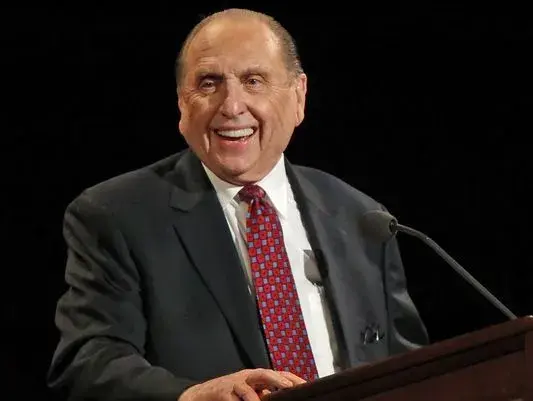Non-verbal + Verbal
- makaylacazier00
- Nov 16, 2023
- 2 min read

The talk "The Tongue of Angels" given by Elder Jeffrey R. Holland, underscores the significance of words in shaping our faith, relationships, and self-perception. Joseph Smith's teachings highlight the power of speech in performing mighty works through faith. Elder Holland acknowledged the sacredness of words, urges caution in interpersonal and self-dialogue. Drawing on the Apocrypha and the Book of James, the text vividly portrays the potential harm caused by the spoken word, equating it to the stroke of a whip breaking bones. James' analogy of the tongue as a fire emphasizes its destructive capacity, urging individuals to strive for perfection by controlling their words.

The talk extends its counsel to marital relationships, condemning verbal and emotional abuse and encouraging husbands to recognize the sacredness of their wives. It addresses women as well, cautioning against the untamed tongue and emphasizing the need for kindness and gentleness. Elder Holland expands the advice to encompass family communication, especially in interactions with children. Constructive comments are emphasized, discouraging comparisons and negative labeling.

Negative speech is linked to negative thinking, and the essay promotes an optimistic outlook rooted in faith. Elder Orson F. Whitney's words are invoked to underscore the gospel's optimistic spirit. The text calls for a hopeful, encouraging language and advises against constant complaining.
It concludes by invoking Nephi's call to follow the Son with a full purpose of heart, emphasizing the transformation of speech through the Holy Ghost. It urges individuals to speak with the tongue of angels, filled with faith, hope, and charity.

The final plea is for words that heal, elevate, and minister grace, aligning with Paul's counsel. The conference talk ends with a compassionate reminder of divine love and a desire for encouraging words that reach the hearts of the listeners.



Comments